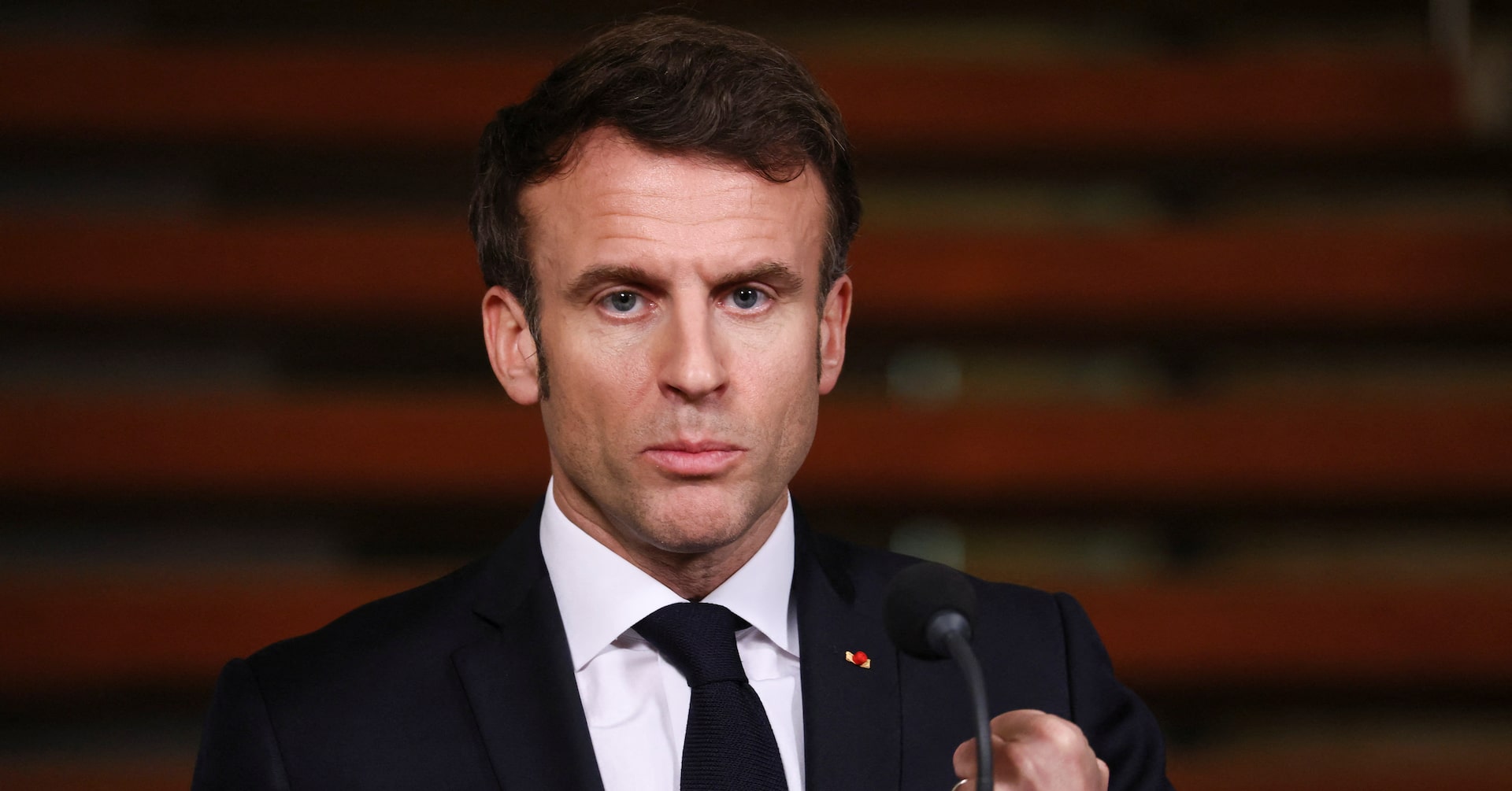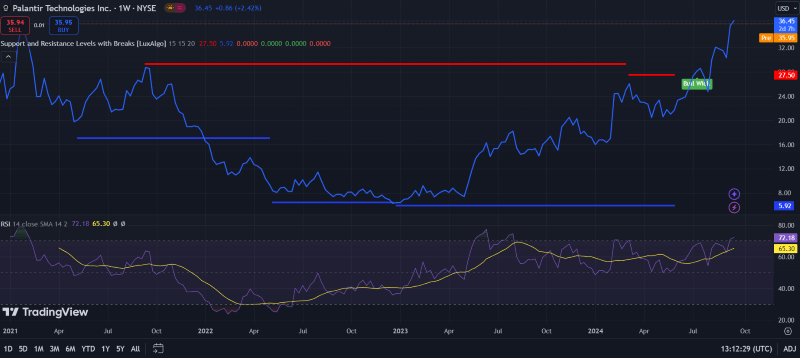France's Europe Minister Advocates For Shared Nuclear Shield

Table of Contents
The Proposal: What Does a Shared Nuclear Shield Entail?
The concept of a shared European nuclear shield is multifaceted and open to interpretation. It implies a move beyond the current system where only France possesses nuclear weapons within the EU, towards a more collective approach to nuclear deterrence. However, the specifics remain unclear. Does it involve joint ownership of nuclear weapons? Joint operational control? Or a different model entirely? The proposed mechanisms for decision-making in a crisis are also critical unanswered questions.
-
Different Interpretations: The term "shared nuclear shield" could encompass a range of models, from a purely consultative arrangement where nuclear-armed states inform and consult with their allies, to a more integrated structure with joint command and control structures.
-
Implementation Models: Potential models include a NATO-like structure, although this would necessitate significant changes to current NATO agreements, or a new, EU-specific framework focusing exclusively on European Union members. Such a framework would likely necessitate treaty changes and potentially new international agreements.
-
Level of Nuclear Sharing: The level of nuclear sharing remains ambiguous. Is it simply about enhanced consultation and information sharing, or does it signify a deeper integration involving joint planning, operational control, and even joint ownership of assets? This nuance is vital to understanding the proposal's true scope and implications.
Arguments for a Shared Nuclear Shield: Strengthening European Security
The minister's arguments center on bolstering European security and strategic autonomy. A shared nuclear shield, proponents argue, would enhance deterrence against potential aggressors, particularly in light of ongoing Russian aggression. This would reduce reliance on external actors like the US, strengthening the EU's ability to shape its own security destiny.
-
Deterrence Against Threats: A shared nuclear shield could significantly raise the threshold for any potential aggressor to contemplate military action against an EU member state. The combined deterrent effect, particularly against a state like Russia, could be substantially greater than that of individual states acting alone.
-
EU-NATO Relationship: The proposal's implications for the EU's relationship with NATO are complex. It could either reinforce transatlantic ties by pooling resources and sharing responsibilities or potentially create friction, depending on how the proposal interacts with existing NATO structures and commitments.
-
Benefits for Smaller Nations: Smaller European nations without nuclear capabilities would gain a significant security benefit, mitigating the risk of aggression and providing a stronger collective defense. This would promote a more equitable distribution of security within the EU.
Challenges and Obstacles to Implementing a Shared Nuclear Shield
Despite the potential benefits, significant hurdles stand in the way of a shared European nuclear shield. These challenges span legal, political, and societal domains, demanding careful consideration.
-
Disagreements Among EU Member States: Securing consensus among all EU member states will be a formidable task. Differing views on defense spending, nuclear policy, and the appropriate balance between national sovereignty and collective security could lead to significant disagreements.
-
Implications for Arms Control Treaties: The proposal raises critical concerns about compliance with existing arms control treaties, including the Non-Proliferation Treaty. The legal framework for sharing and controlling nuclear weapons within a collective structure would need careful negotiation.
-
Control, Command, and Communication Structures: Establishing effective control, command, and communication structures for a shared nuclear arsenal would present significant organizational and technological challenges. Ensuring clear lines of authority and preventing accidental or unauthorized use are paramount.
-
Public Opinion and Societal Concerns: Public opinion plays a crucial role. Concerns about nuclear proliferation, accidents, and the potential for escalation need to be addressed transparently and effectively to gain public support for the initiative.
The Role of France's Nuclear Arsenal
France's proposal carries significant implications for its own nuclear forces. As the sole nuclear power within the EU, France possesses a substantial strategic advantage. This initiative could represent a bid to solidify its position as a key player in European security, while potentially sharing the burden and responsibilities of nuclear deterrence.
-
Implications for French Deterrent: Sharing aspects of its nuclear arsenal could potentially impact France's independent nuclear deterrent, a cornerstone of its national security strategy. The extent of this impact would depend on the specific model adopted for a shared shield.
-
France’s Strategic Goals: France's advocacy for a shared shield might stem from a desire to enhance its strategic influence within the EU, share the costs of maintaining a nuclear deterrent, and bolster European security against external threats.
Conclusion
The proposal for a shared European nuclear shield presents a complex and multifaceted challenge. While the potential benefits, such as enhanced deterrence and strengthened strategic autonomy, are compelling, significant obstacles, including potential disagreements among member states and legal hurdles, must be addressed. The role of France's existing nuclear arsenal and the implications for wider European security and the international non-proliferation regime require thorough examination. Further debate and analysis are crucial to understanding the implications of this far-reaching initiative. Join the discussion and share your thoughts on the future of shared nuclear deterrence in Europe.

Featured Posts
-
 Analyzing Palantir Stock Pltr Before May 5th Earnings
May 10, 2025
Analyzing Palantir Stock Pltr Before May 5th Earnings
May 10, 2025 -
 Improving Wheelchair Access On The Elizabeth Line A Practical Guide
May 10, 2025
Improving Wheelchair Access On The Elizabeth Line A Practical Guide
May 10, 2025 -
 Wynne Evans Health Recent Illness And Plans For A Stage Return
May 10, 2025
Wynne Evans Health Recent Illness And Plans For A Stage Return
May 10, 2025 -
 The Rise Of Elon Musk A Deep Dive Into His Wealth And Business Ventures
May 10, 2025
The Rise Of Elon Musk A Deep Dive Into His Wealth And Business Ventures
May 10, 2025 -
 Will High Potential Return For Season 2 Episode Count And Release Date
May 10, 2025
Will High Potential Return For Season 2 Episode Count And Release Date
May 10, 2025
